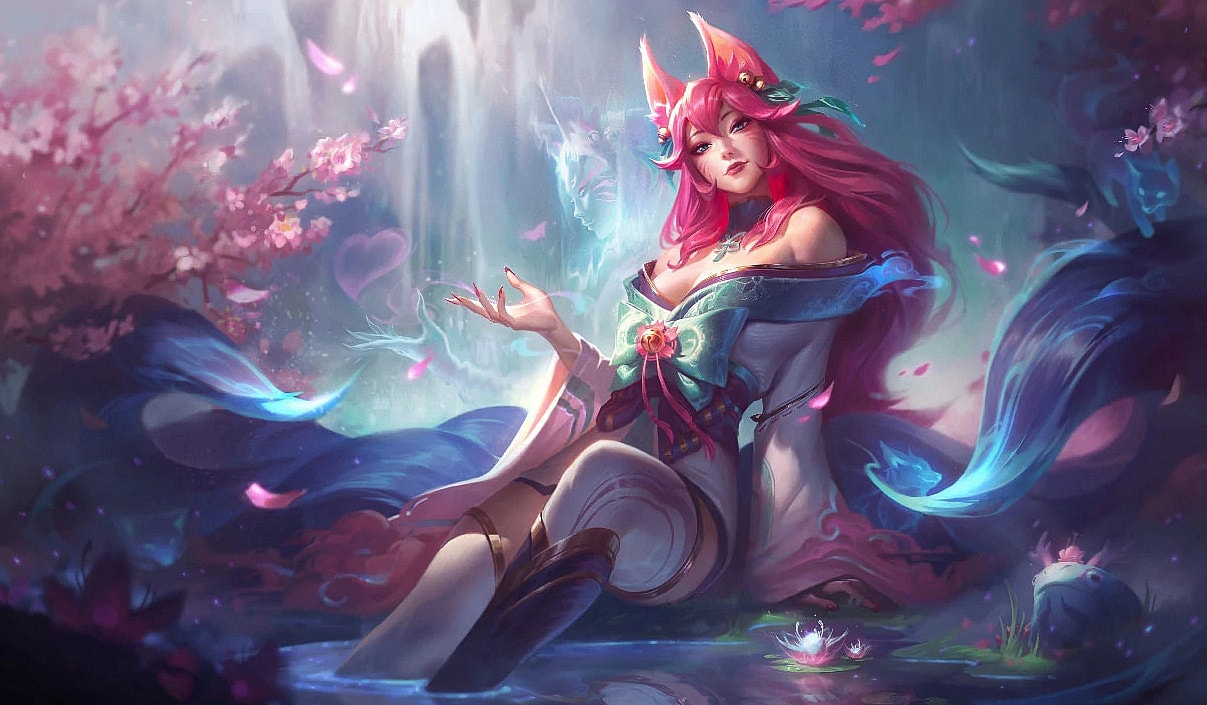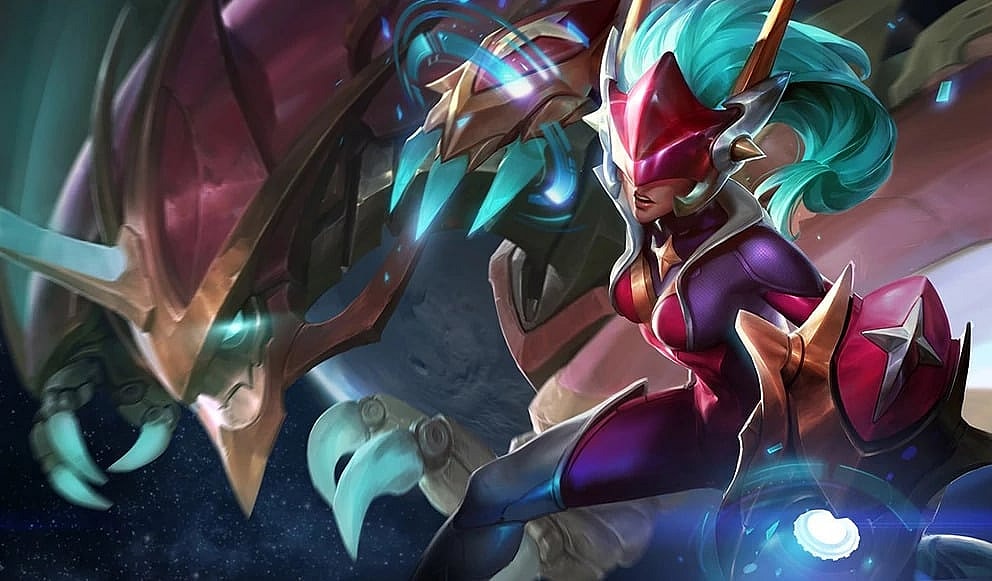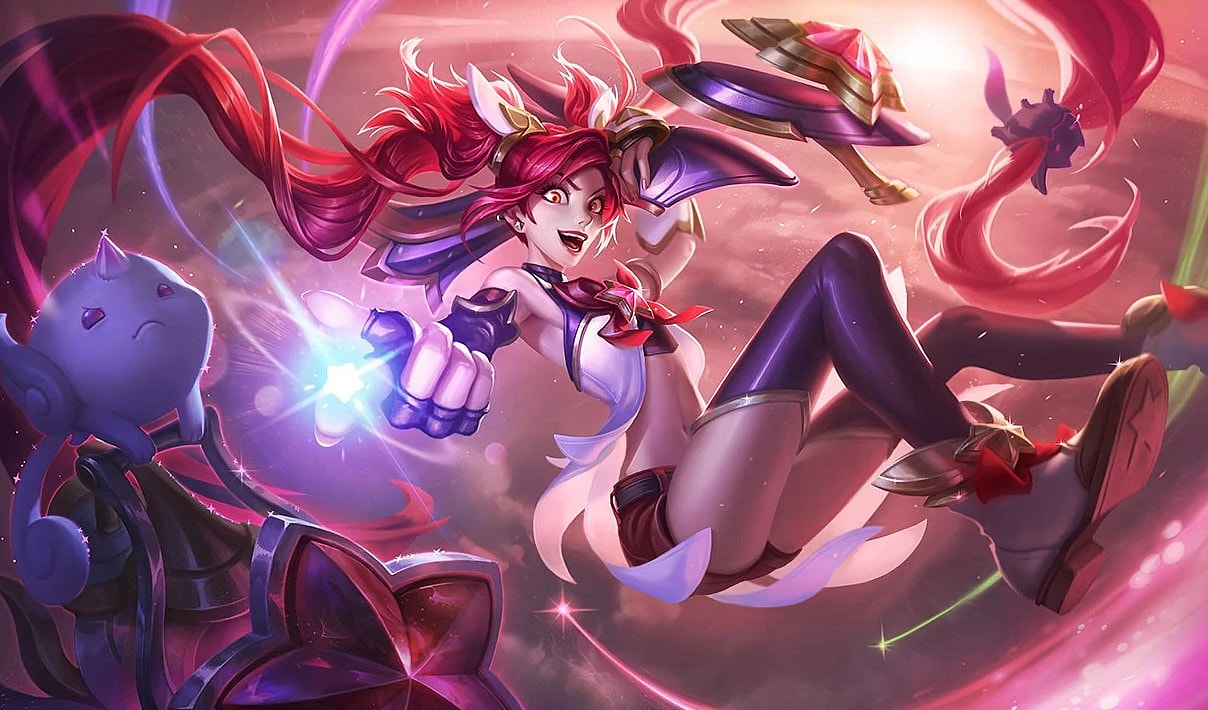League of Legends Developer Riot Games Settle 2018 Gender Discrimination Class-Action Lawsuit for $100 Million

League of Legends developer and publisher Riot Games has settled their 2018 gender discrimination class-action lawsuit for $100 million.

Related: Riot Games Responds After Former Employees Accuse the Company of a Sexism
The legal troubles for Riot began in 2018, when Kotaku reported that, according to current and former staff, the company regularly refused to hire women into leadership positions, saw its senior staff make sexist comments, and rejected ideas pitched by female employees but accepted them when they came from a man.
Further, some also claimed that female employees were grilled on their gaming history to check if they were truly a ‘gamer’.

Related: After Accusations of Sexism, League of Legends Developer Riot Games Enacts Actual Sexist Policy
Other accusations included women being “groomed” for positions only to ultimately be replaced by men, men and women receiving unsolicited dick pics or being emailed directly and asked about sex, and a male senior leader who groping other men and farting on their faces.
Kotaku also stated that five months after they begun putting together their report, Riot added a “diversity and inclusion” page to their website, assumedly in an attempt to try and stem the inevitable controversy.

Despite some top-level female employees disputing what others had told Kotaku and Riots’ own denial that the claims were “explicitly opposite” to the reality of their work environments, this “bro culture” lead to five gender discrimination lawsuits.
While Riot initially tried to dismiss the lawsuits by stating women had waived the right to sue when they were hired, one walkout in May 2019 saw them promise to drop the mandatory arbitration clause from employee contracts “as soon as current litigation is resolved.”

The California Department of Fair Employment and Housing (DFEH) accused Riot of non-compliance with their investigation, and when Riot agreed to settle with 1,000 plaintiffs for $10 million in August 2019, the DFEH said the employees could be entitled to over $400 million.
Then, on January 7th, Riot executive assistant Sharon O’Donnell accused CEO Nicolas “Nicolo” Laurent of misconduct and making unwanted sexual advances towards her. Riot denied these claims, and in March a third-party investigation found no evidence of wrongdoing. The case has since gone into arbitration.

In August 2021, Riot was accused of delaying the gender discrimination investigation and offering severance agreements which forbid former staff from speaking to government agencies – two charges which the developer denied.

On December 27th, 2021, Riot announced they would settle their class-action lawsuit for $100 million, paying $80 million to the plaintiffs and $20 million to their legal fees. Riot will also pay into a settlement fund to be distributed to claimants, pending the court’s approval.
All current and former Californian employees and contractors who worked at Riot Games since November 2014 and identify as women qualify for the payout, with those starting at the company earlier or working there longerthan their peers getting a larger piece of the pie.
This would total at least 2,300 people. Riot declined to comment if those who had entered arbitration agreements would receive part of the $80 million.

In addition, Riot agreed to institute a number of workplace policy reforms. These include greater pay transparency for job applicants, not using prior salary history to set pay or assign job titles, and creating a pipeline for current or former temp agency contractors to apply for permanent positions at Riot.
Riot will also require the presence of a woman or someone of the “underrepresented community” on employment selection panels.
Further, for three years, the company will be monitored by a third party entity who will oversee their handling of HR complaints and whether all employees are paid fairly. This third party will have to be approved by both Riot and the DFEH.

This third party- who could be just one person – will be able to recommend further changes if Riot’s work practices are found to still need improvement. Judge Elihu M. Berle, who presided over the suit, can enforce this.
Was the punishment just? Will Riot Games change, and will fans notice the difference in the games? Let us know what you think on social media, and in the comments below.
